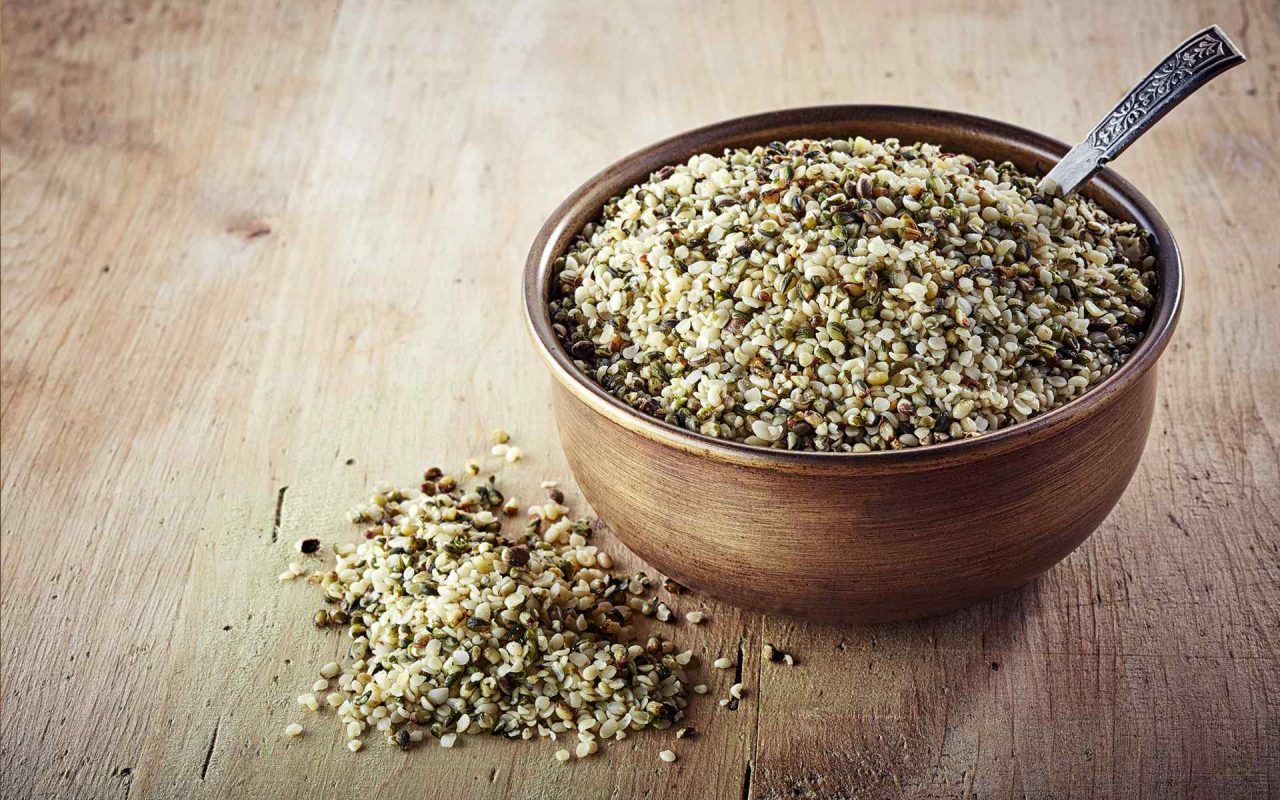
I have been thinking a lot about eating habits for weight loss lately. A recent Salt Lake City client suggested that the reason that she was having trouble implementing the nutrition recommendations I had given her was because of her ingrained eating habits. She has a habit of eating late at night once her husband has gone to bed and can’t seem to stay away from the kitchen. She went on to say that she is not used to exercising regularly and is having difficulty creating this new habit. So I started researching how habits are formed and how hard it would be to change the ones we don’t like in order to achieve weight loss. Is there a recipe for this difficult task?
To get a better handle on understanding eating habits for weight loss, I started with a book I heard about on NPR which was written by New York Times business writer Charles Duhigg called, the Power of Habit. His book explores the science behind why we do what we do. Neuroscientists have traced our habit-making behaviors to a part of the brain called the basal ganglia, which also plays a key role in the development of emotions, memories and pattern recognition. Decisions are made in a different part of the brain called the prefrontal cortex. As soon as a behavior becomes automatic, the decision-making part of the brain goes into a sleep mode of sorts. Parallel parking, exercising, brushing your teeth and every other habit-forming activity all follow the same behavioral and neurological patterns.
Exploring the intricacies of habit formations are also the specialty of a team of neuroscientists at the Massachusetts Institute of Technology (M.I.T.). According to their research, the habit creating process in the brain can be viewed as a “three-step loop.” The forming of a new habit requires:
- a cue that triggers the brain to go into automatic mode,
- a routine or automatic reaction that follows in response, and
- a reward, which also helps the brain to decide whether a particular experience is worth remembering for the future.
Over time, this loop – or cue, routine, and reward – becomes more and more automatic and neurologically intertwined. The results can range from a simple tendency to cravings to a full-blown addiction.
Here’s an example of a 3-step loop and how it can affect the formation of a new eating habit for weight loss:
After work (cue) , you arrive to your Salt Lake City home and reach into the freezer and pull out the ice cream (action) and you sit and lose yourself in the cool, sweet taste of your favorite ice cream and forget about the bad day you had at work (reward). What exactly turns an event into a cue and what constitutes a reward depends on the individual as well as the situation.
Studies have shown that people will perform automated behaviors — like pulling into the driveway— the same way if they’re in the same environment. But if they take a vacation, it’s likely that the behavior will change. That’s one of the reasons that taking a vacation is so relaxing: It helps break certain habits.
Needless to say, the cue (pulling into the driveway after work) is where the change has to begin. Now that you are on a weight loss regimen, you have to find a way to interrupt what the M.I.T. scientists identified as your “loop.” Instead of continuing to expose yourself to the cue that will inevitably trigger your routine response, you have to plan something else after work. Stop at the park and walk for 10 minutes while listening to your favorite music on your iPod. It may take several months until you are able to come home without heading for the freezer – but eventually you will succeed. Just how will you succeed? Your cue is still there, but you have developed a different routine in response. The long term reward is self mastery and a thinner physique.
The good news as Duhigg puts it is that, “Habits aren’t destiny,” “They can be ignored, changed or replaced.” The bad news is that old eating habits die hard and never fully disappear. They can rear their ugly heads at any time and really mess with your weight loss plans. To help you with this daunting task, I have collected several ideas for you to think about and try on one of those pesky habits you are trying to rid yourself of. Start with something small. Many of these ideas come from Steve Pavlina, a self-help author and motivational speaker. Check out his website http://www.stevepavlina.com/.
Eleven Ideas for Sustainable Eating Habits for Weight Loss
Create a Trigger – A trigger (or cue) is a short ritual you perform before a habit. If you wanted to wake up earlier this might mean jumping out of bed as soon as you hear the sound of your alarm. If you wanted to stop smoking this could be snapping your fingers every time you feel the urge for a cigarette. A trigger helps condition a new pattern more consistently.
Replace Lost Needs – You obviously get something (rewards) out of your deeply ingrained habits so you will have to find an alternative. You can’t just get rid of habits without replacing the needs they fulfill. Giving up television might mean you need to find a new way to relax, socialize or receive information.
One Habit at a Time – Try not to change too many things at one time. A month may seem like a long time to focus on only one change, but trying to change more than a few habits at a time could be confusing. Pick the one that is going to give you the most bang for your buck. Your successful outcome will stir you to tackle the next one more easily.
Balance Feedback – Listen to reason. If your change creates more pain in your life than joy, it is going to be hard to stick to. Don’t go to the gym if you hate it. Find diets, exercise, financial plans and work routines that are more to your liking and support your uniqueness.
Kill Bad Thoughts –Anytime you feel yourself thinking negatively about yourself, use the word “but” and point out positive aspects. “I’m lousy at this job – but – if I keep at it I can probably improve.”
Write it Down – Don’t leave commitments in your brain. Write them on paper. This does two things: first, it creates clarity by defining in specific terms what your change means, and second, it keeps you committed to breaking the habit since it is easy to dismiss a thought, but harder to dismiss a promise printed in front of you. Put these papers on your fridge, in your card, and on your office desk.
30, 90, 365 Day Rule – I’d like to say most habits go through a series of checkpoints in terms of conditioning. The first is at thirty days. Here it doesn’t require willpower to continue your change, but problems might offset it. At ninety days any change should be neutral where running the habit is no more difficult than not running it. At one year it is generally harder not to run the habit than to continue with it. Be patient and run habits through the three checkpoints to make them stick.
Get Leverage – Give a buddy a hundred bucks with the condition to return it to you only when you’ve completed thirty days without fail. Make a public commitment to everyone you know that you’re going to stick with it. Offer yourself a reward if you make it a month. Anything to give yourself that extra push. Not only does it create accountability on your end (the heaviness of living up to expectations is a massive motivator for taking the right action) but it also gives you that “ra-ra” pat on the rear just when you need it.
Keep It Simple – Your change should involve one or two rules, not a dozen. Exercising once per day for at least thirty minutes is easier to follow than exercising Tuesdays, Wednesdays and Fridays with yoga the first day and mountain biking the third day, except when it is raining in which case you will do… what? Simple rules create habits, complex rules create headaches.
Consistency Is Key – The point of a habit is that it doesn’t require thought. Variety may be the spice of life, but it doesn’t create habits. Make sure your habit is as consistent as possible and is repeated every day for thirty days. This will ensure a new habit is drilled in, instead of multiple habits loosely conditioned.
Experiment – You can’t know whether a different habit will work until you try it. Mix around with key habits until you find ones that suit you. Don’t try to follow habits because you should, but because you’ve tested them and they work in your life.





